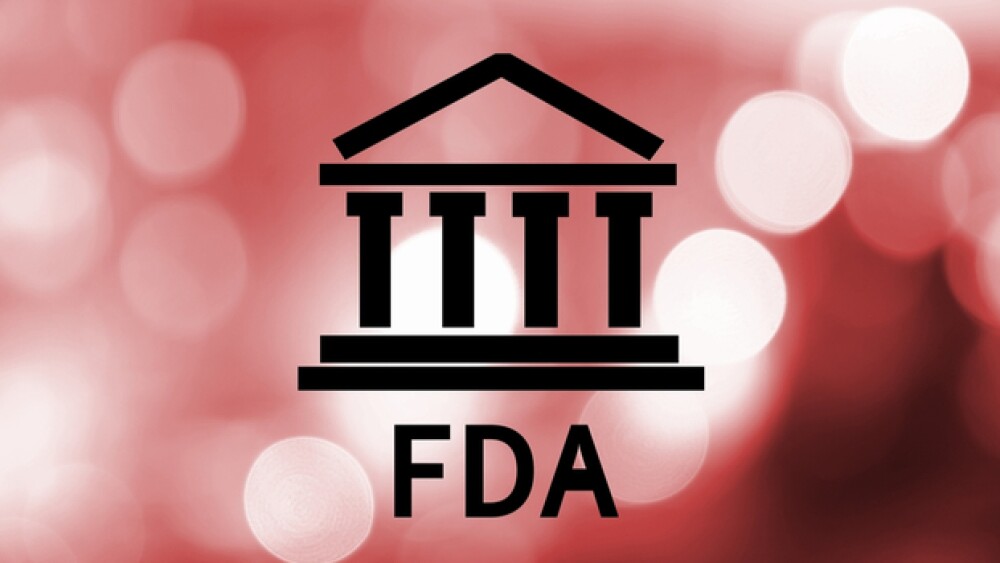On Monday, the U.S. Food and Drug Administration issued a new draft guidance for the development of novel medicines aimed at the treatment of opioid use disorder.
On Monday, the U.S. Food and Drug Administration (FDA) issued a new draft guidance for the development of novel medicines aimed at the treatment of opioid use disorder.
The FDA’s guidance is calling for “more widespread innovation and development of novel medication-assisted treatment drugs.” The draft guidance was issued as part of the federal government’s attempt to combat the growing opioid crisis in the United States. Health and Human Services Secretary Alex Azar said the guidance placed a “special priority” on ensuring patient access to medication-assisted treatment for opioid addiction.
“The evidence is clear: medication-assisted treatment works, and it is a key piece of defeating the drug crisis facing our country. The FDA’s new guidances have the potential to bring new medications to market that are more closely tailored to patient needs and help give Americans facing addiction a better chance at recovery,” Azar said in a statement.
Medication-assisted treatment (MAT) includes popular drugs such as buprenorphine, methadone and naltrexone. The medications are prescribed to curb the euphoric effects of opioids and reduce the body’s cravings. Opioid addiction has reached epidemic proportions in the United States. According to the U.S. Department of Health and Human Services, 116 Americans die daily from opioid overdoses.
The FDA’s new draft guidance “Opioid Use Disorder: Endpoints for Demonstrating Effectiveness of Drugs for Medication-Assisted Treatment,” identifies several additional potential clinical endpoints and other outcome measures that drug developers may consider, the agency said in a statement. Under the new guidance, the FDA will encourage drug sponsors to consider new ways to evaluate the effect and clinical benefit of MAT. The new ways include “the impact of a new drug on adverse outcomes like mortality (overall mortality or overdose mortality), emergency medical interventions and Hepatitis C seroconversion (the period during which antibodies develop and become detectable),” the FDA said.
FDA Commissioner Scott Gottlieb said there is great interest in new treatment options that can result in “meaningful outcomes for patients.” He said the medical community must consider new ways to gauge success beyond whether or not someone has stopped using opioids. Gottlieb said they must also look at reducing relapse overdoses and infectious disease treatment.
“Treatments that can impact these aspects of addiction can be important parts of a comprehensive approach to the treatment of opioid use disorder. This new guidance is an important step in fostering the development of new treatment options that help patients achieve these and other real-world outcomes, by providing a pathway for how innovators can use these clinically relevant measures as part of new drug development programs,” Gottlieb said in a statement.





